Virtual & Augmented Reality for Primary Schools
Spark Curiosity and Inspire a Lifelong Love of Learning
VR in Education for Ages 4–11
Trusted by over 20,000+ schools worldwide, ClassVR is transforming how primary students engage with learning. From private and public schools to international institutions and multi-academy trusts, educators everywhere are embracing the power of immersive learning.
Virtual reality in primary school makes abstract concepts tangible and lessons unforgettable – helping children aged 4 to 11 explore, discover, and understand in ways traditional teaching can’t match. ClassVR is an all-in-one solution designed specifically for primary education, including VR headsets, immersive curriculum-aligned content, and an intuitive teacher portal for complete classroom management.
With ClassVR, teachers can spark curiosity, build deeper understanding, and inspire a lifelong love of learning in every student.
Our Xplorer Headset is Designed for Primary Education
Xplorer is purpose-built for collaborative classroom use, with an adjustable strap, a focused, customisable screen, and easy-to-clean hardware. It’s a practical, high-impact tool that drives meaningful learning outcomes.
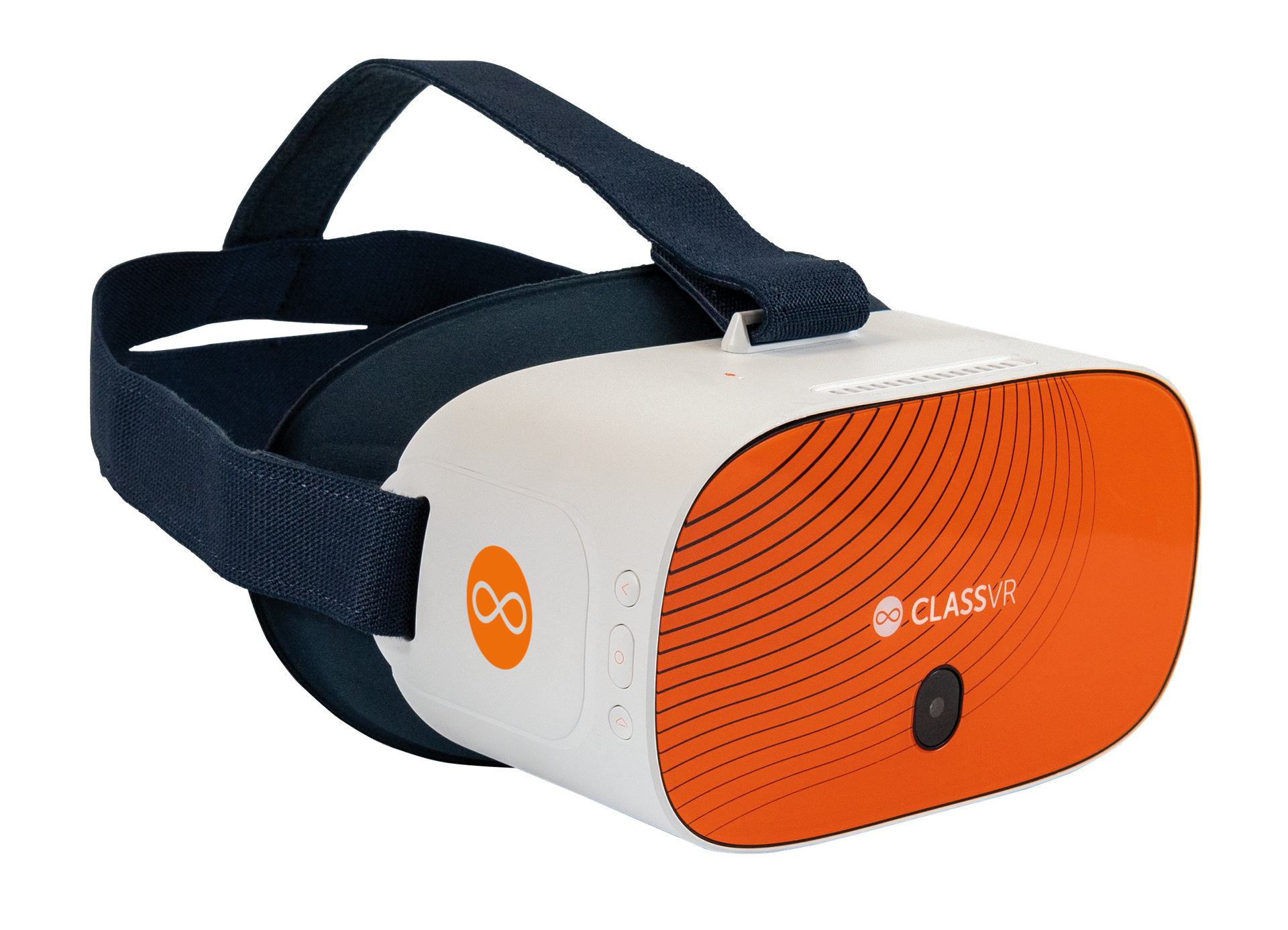
Why Schools Choose ClassVR
- Built for Education
- Simple to Use
- Proven Results
- Globally Trusted
How Primary Schools are Transforming Learning with ClassVR

Allfarthing Primary School
Discover how Allfarthing Primary School, England is using ClassVR to transform learning.
.jpg)
Pembridge Hall School
Discover how Pembridge Hall School, are creating exciting and engaging lessons with ClassVR.

Montgomery Public Schools
Discover how Montgomery Public Schools in Alabama is engaging students in STEM and literacy with ClassVR.
Ignite Curiosity in Every Student
ClassVR immerses younger learners in unforgettable experiences – from stepping inside a rainforest to walking among dinosaurs or exploring the solar system, all without leaving the safety of the classroom. These shared adventures ignite imagination, build vocabulary, and make complex ideas easier to grasp by allowing children to experience learning in a way that feels real and memorable.
Ready to Explore More?
ClassVR in Action: Primary School Lesson Examples

English
See how students used ClassVR to build descriptive writing skills.

Science
Read how a science lesson transformed students’ understanding of the moon landing through using ClassVR.
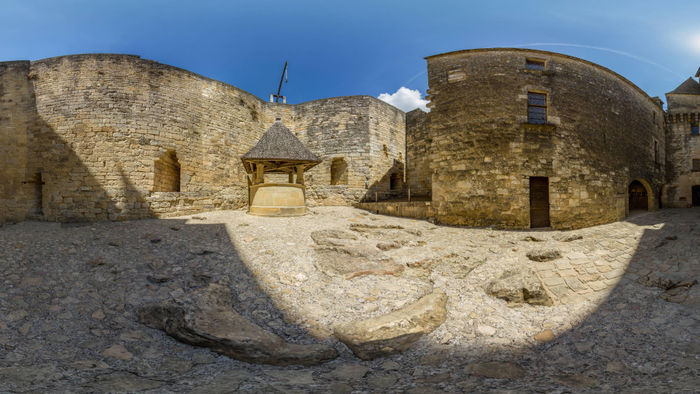
History
Learn how teachers used ClassVR to take their students on a virtual field trip to see the ruins of a French castle.
Why Primary Schools Trust ClassVR
-

Ruben Blanco
Colegio Escolapios, Spain
“ClassVR brings the world to the classroom in a very real way. ClassVR lets kids explore and enjoy tons of content that’s impossible to access by other means. Who can travel through a vein in real life? Or walk among wild animals in a safe way? Or visit every place in the world without spending money? ClassVR makes it all possible!”
-
Neve Hinton
Southborough CE Primary School, USA
“ClassVR has offered pupils the opportunity to discover the world outside of Southborough. From experiencing the nightly fire puja in Varanasi to gaining insight into the lives of refugees in Athens, the virtual reality experiences serve as a tool for empathy and understanding.”
-
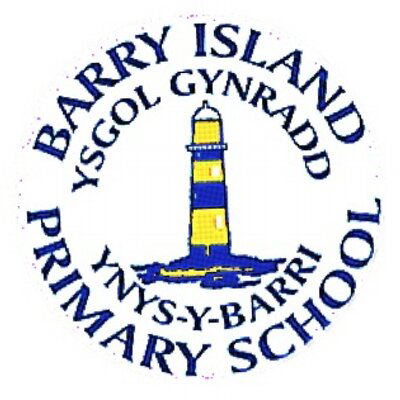
Nia Hicks
Barry Island Primary School, UK
“ClassVR is such a versatile and engaging tool which can be incorporated into every element of the curriculum. I absolutely love to see the children’s enthusiastic faces when they first put the headsets on, ready to explore yet another exciting and inspiring world!”
How ClassVR Benefits Learning
Compared to learners taught with more traditional teaching methods, learners using a VR headsets are:

4x
More Focused

4x
Quicker to Retain Knowledge

275%
More Confident in Applying Learnings
*source: PWC
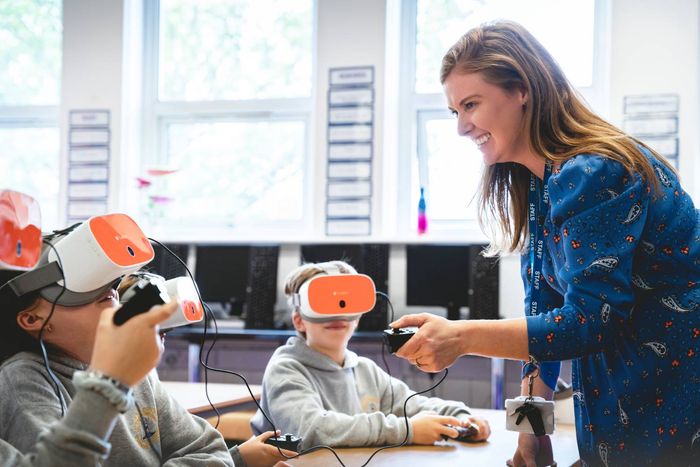
Complete Classroom Control for Teachers
ClassVR is the only all-in-one solution built specifically for education.
Its powerful device management features create a secure, controlled learning environment where students can only view curated content provided by the teacher.
With the ClassVR Portal, teachers can monitor and manage every headset remotely, ensuring full oversight and engagement throughout each lesson.
Frequently Asked Questions
What headset options does ClassVR offer?
We currently have three headsets options.
Standard
The original ClassVR headset.
A ready-to-go solution for schools starting out with VR
Xplorer
The all-in-one classroom headset.
Delivers immersive learning across the curriculum.
Xcelerate
Our most interactive headset.
Designed for advanced learners to explore careers
How do we control VR screen time?
We recommend that VR sessions last no longer than 15 minutes across a lesson. Short sessions are highly engaging and work best to introduce a topic or reinforce key learning points.
The ClassVR Portal includes a waiting room feature, which teachers can use to notify students when it’s time to remove their headsets. This helps teachers manage usage easily and keep lessons on track.
How is virtual reality used in schools?
Virtual Reality is used in schools to make lessons more immersive, engaging, and memorable for students.
Here are some common ways teachers are using ClassVR in the classroom:
- Virtual field trips – transport students anywhere in the world, from the middle of the jungle to the surface of the moon, all without leaving the classroom.
- Career training and vocational development – help older learners prepare for the workforce with interactive simulations designed to build skills and confidence.
- SEND support – create safe and engaging environments for students with special educational needs, offering opportunities to practice essential life skills and overcome challenges.
What are the advantages of using virtual reality in primary education?
Virtual Reality (VR) can bring several benefits to primary education, especially when used thoughtfully to complement, not replace, traditional teaching. Here are the key advantages:
- Boost in Knowledge Retention – students remember more of what they see than what they read. Make every lesson memorable with ClassVR.
- Enhance Student Engagement – Instead of just reading or listening, children can experience concepts like walking through a rainforest, exploring the solar system, or diving into the ocean. Help make abstract or complex topics easier to understand.
- Support for Special Educational Needs – ClassVR offer immersive content to support students, offering multi-sensory, distraction-free environments. Helps children with autism, ADHD, or dyslexia engage at their own pace.






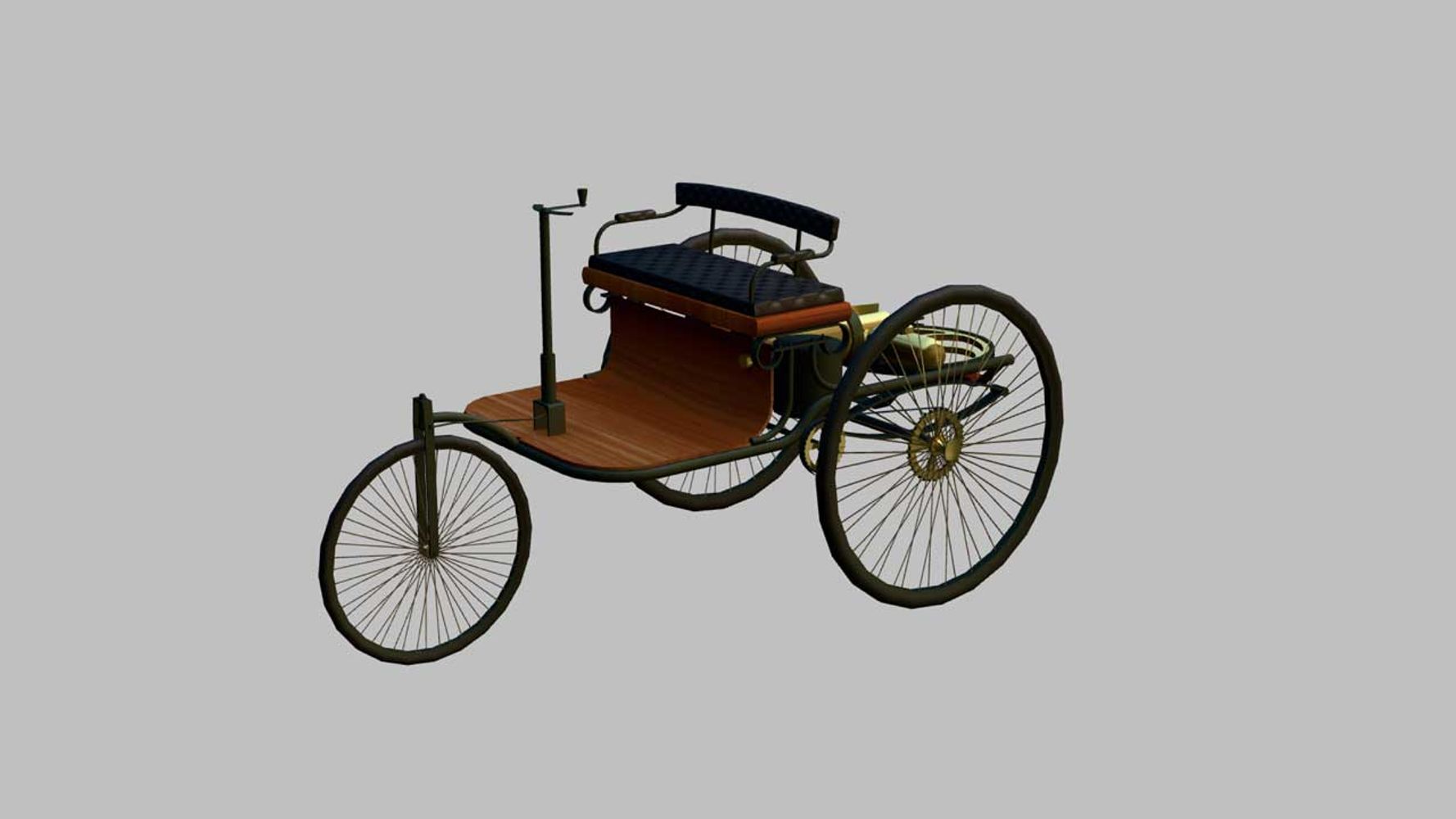

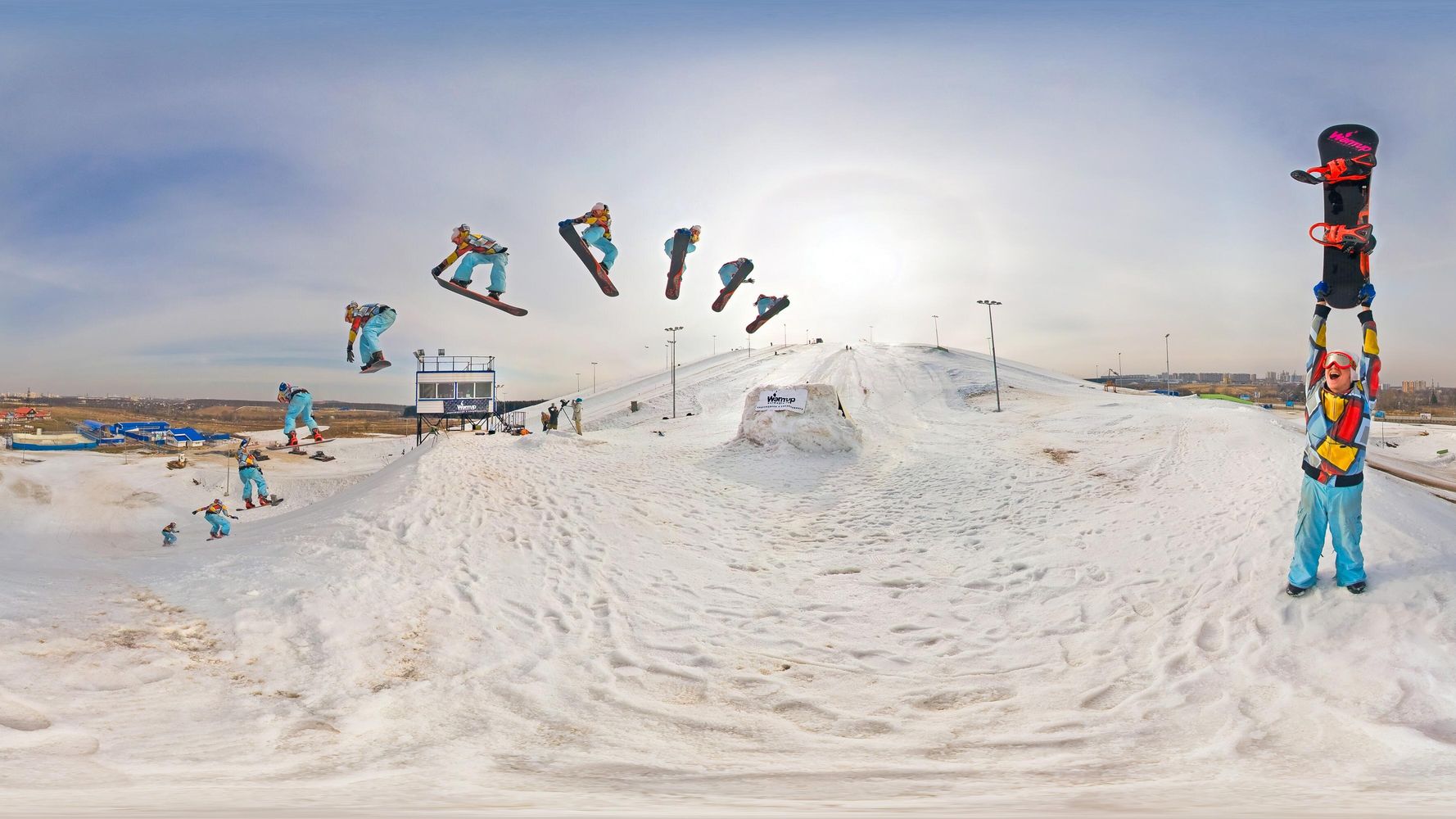
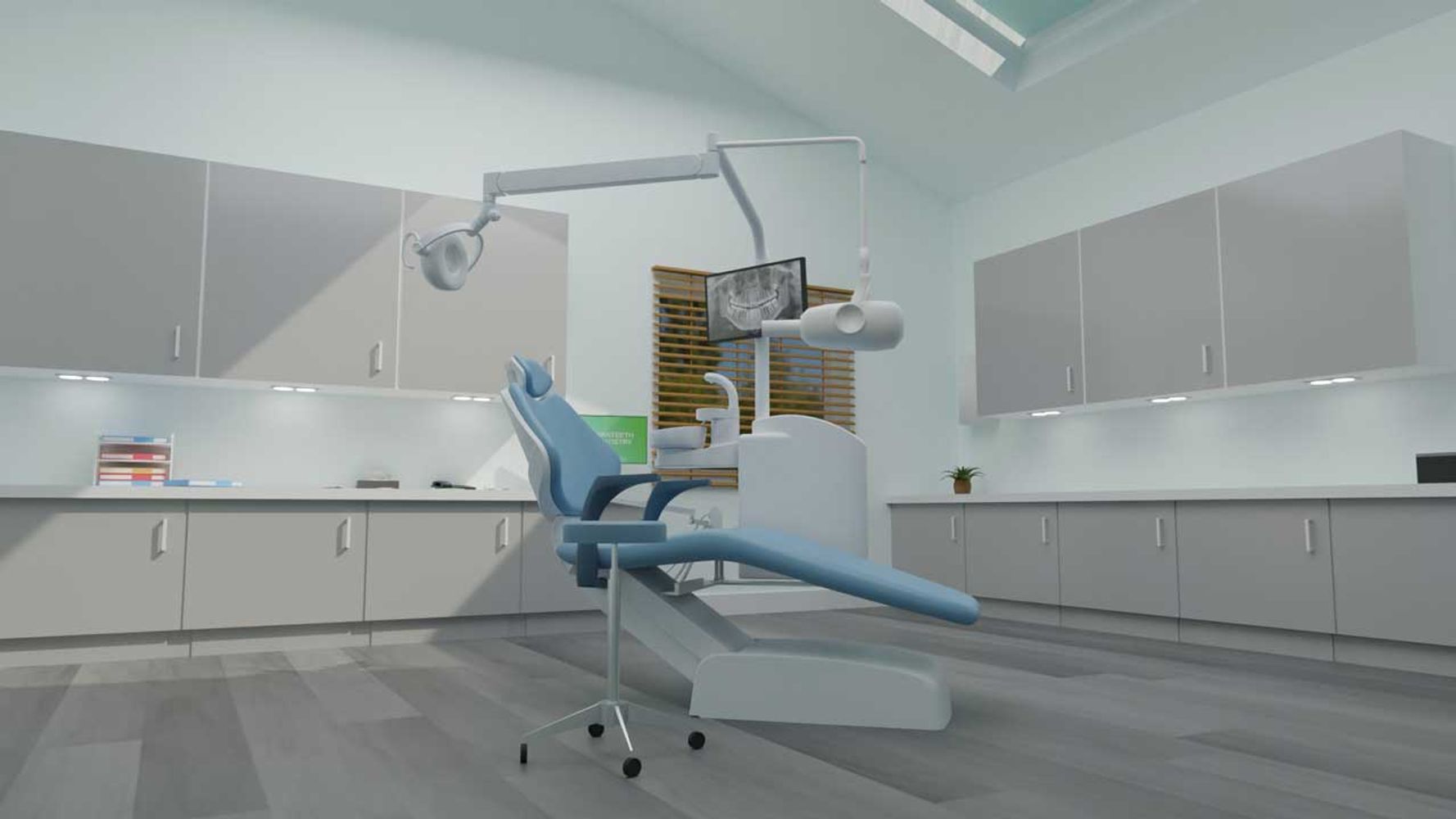
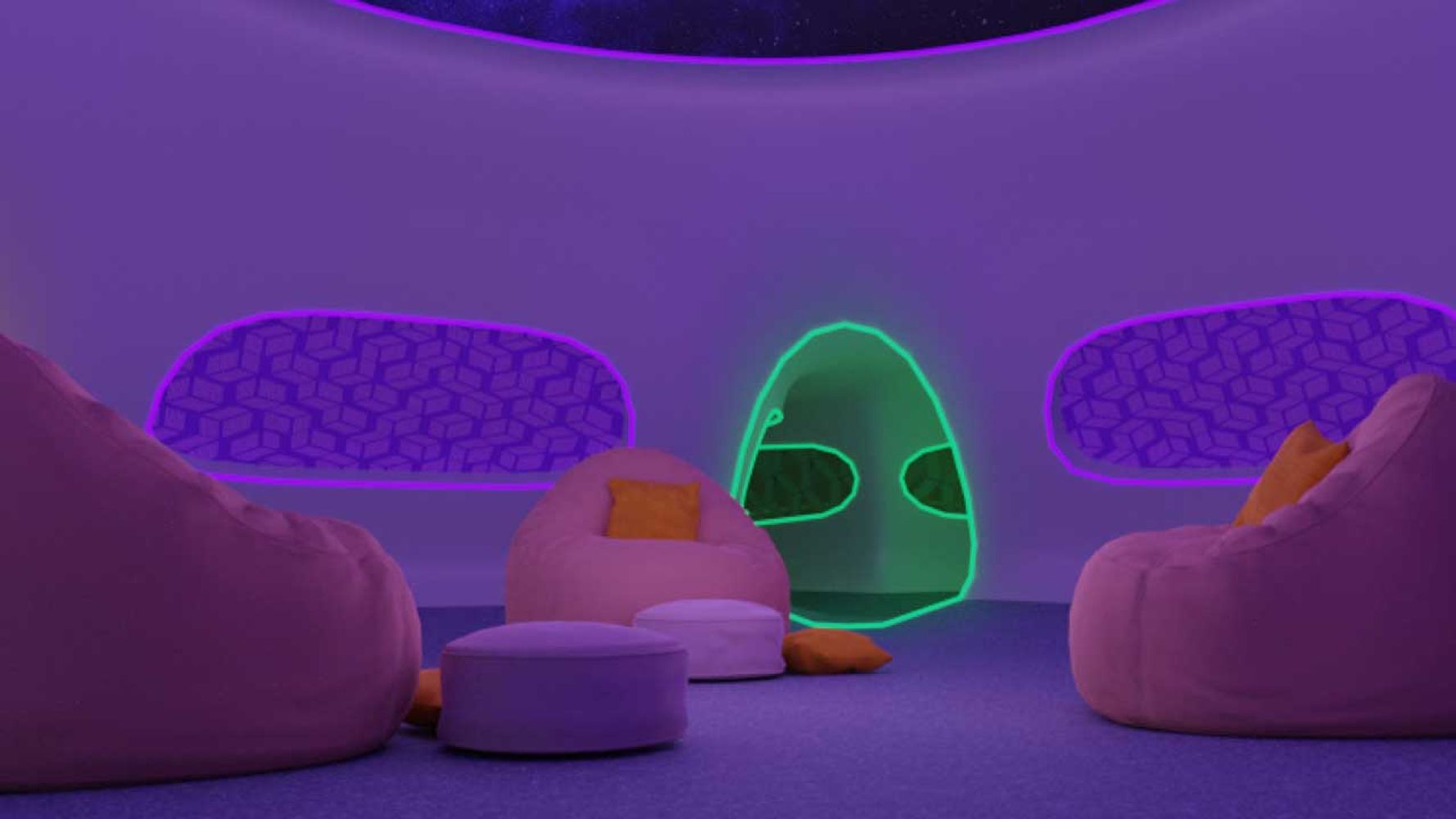
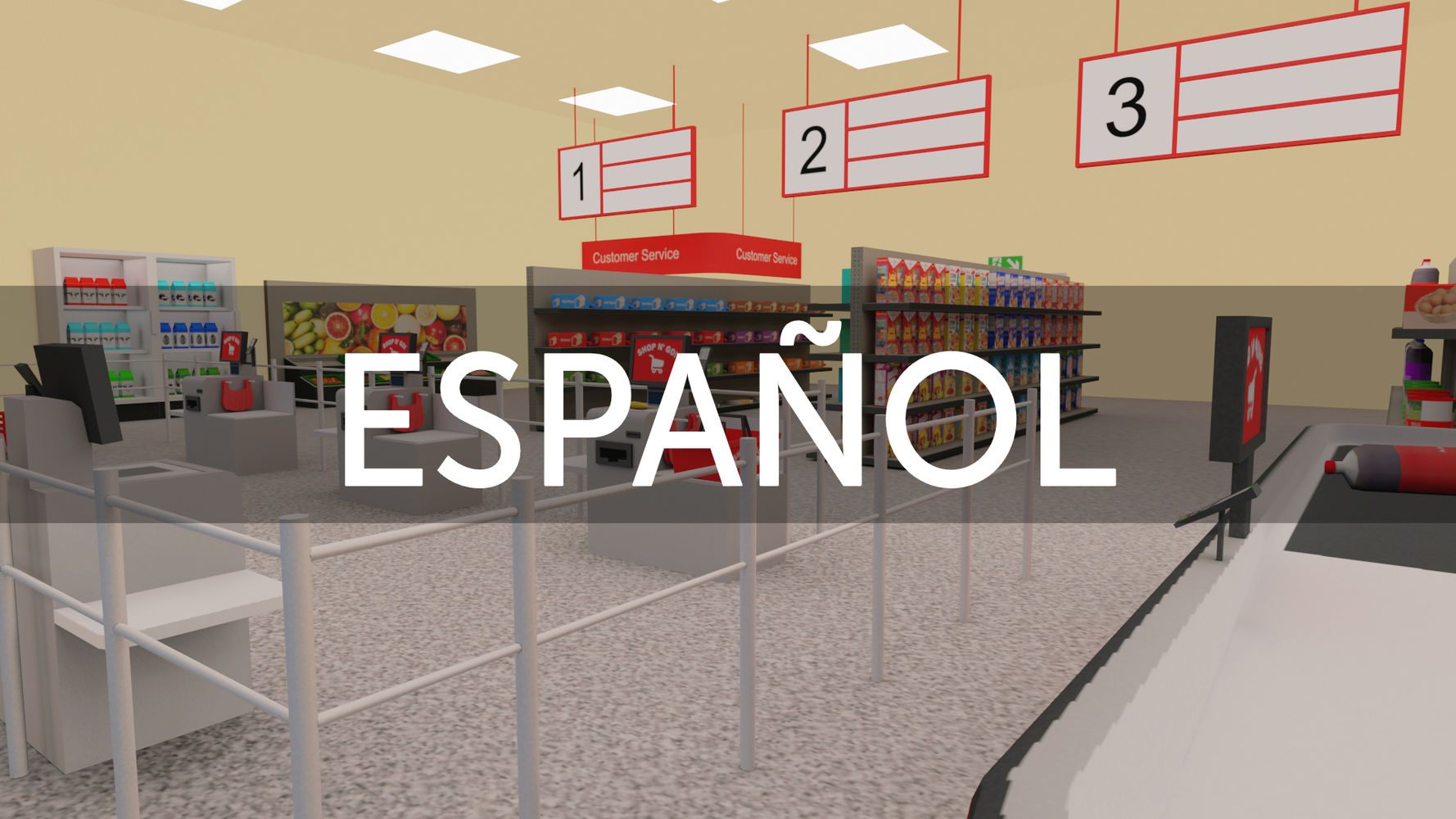
.jpg)
